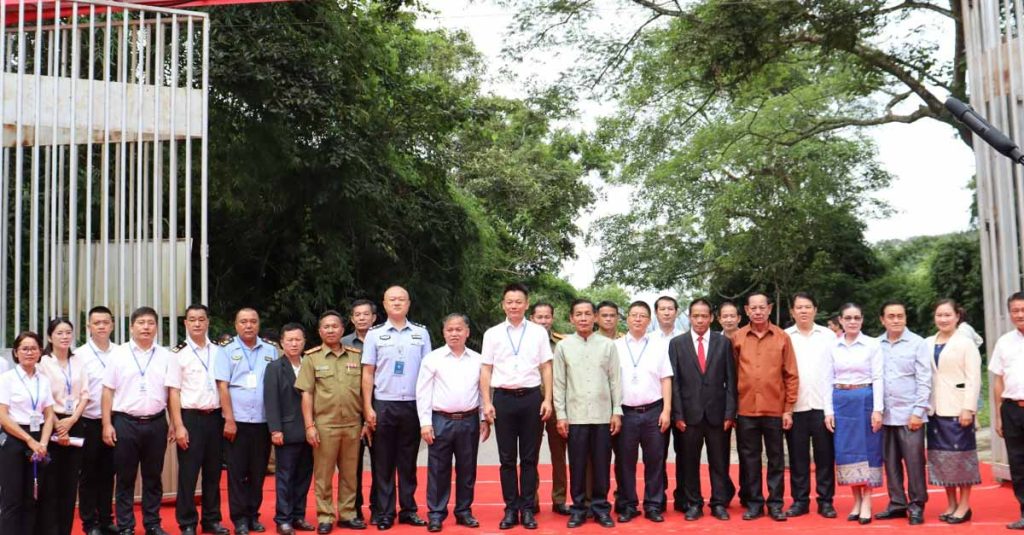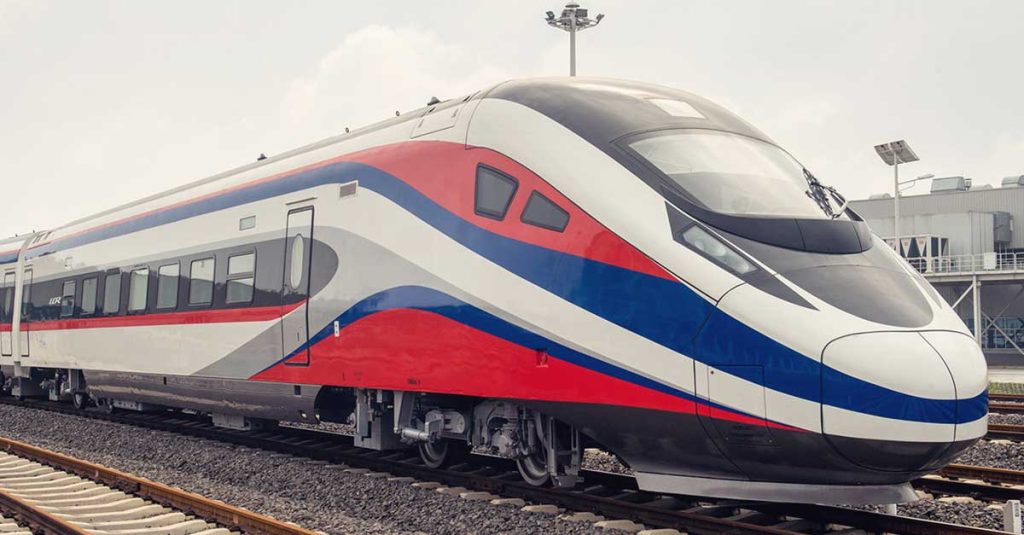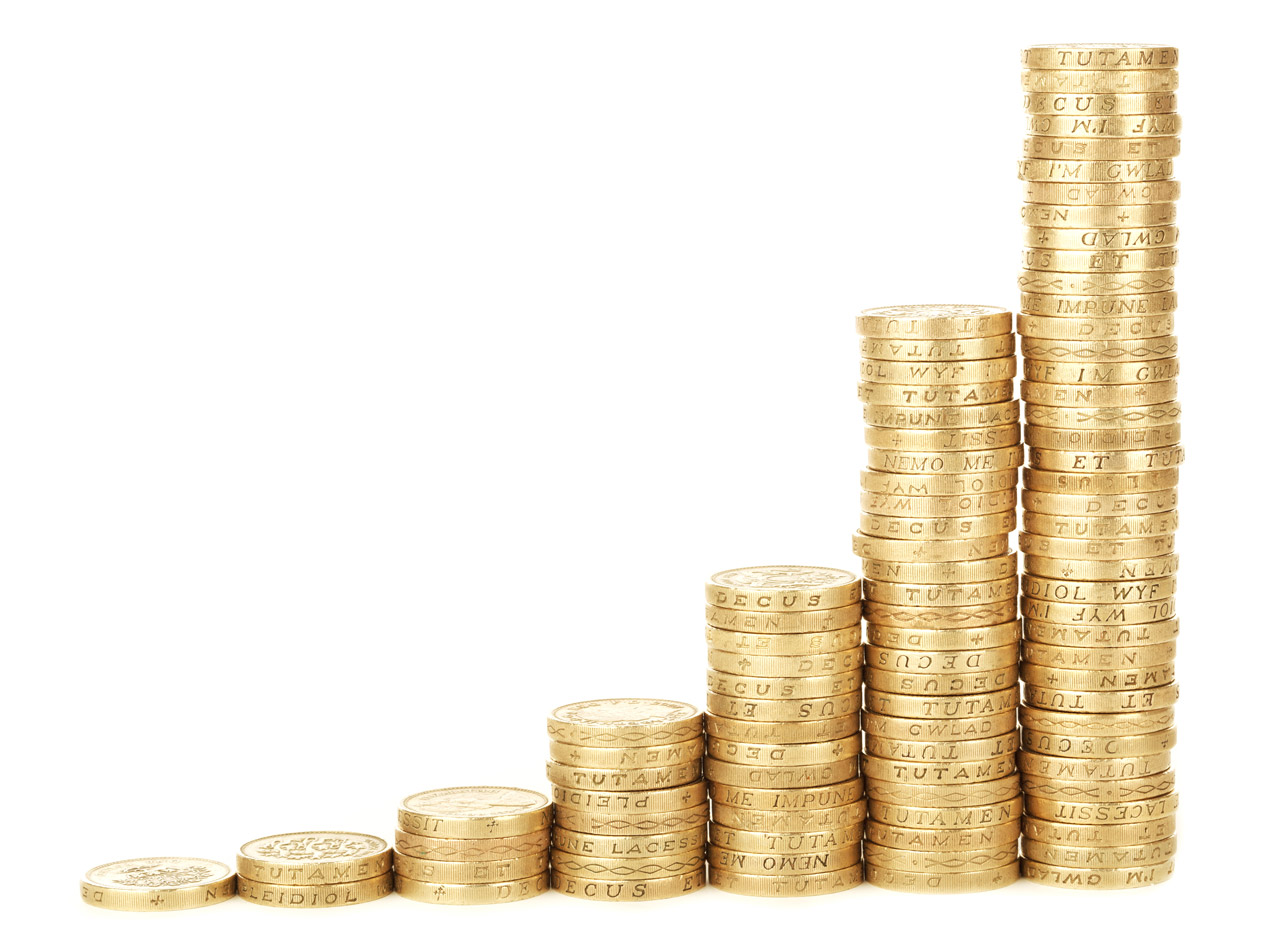Poonpong Nainapakorn, director of the Commerce Ministry’s Trade Policy and Strategy Office (TPSO), sees plenty of potential for Thai exporters in China's fast-growing e-Commerce market, based on a recent study by the TPSO on the growth of Cross-border e-Commerce (CBEC).
The growth is due to the increasing number of internet users, which rose to 1.07 billion people in 2022, an increase of 35.49 million over 2021. The Covid-19 pandemic also encouraged many more consumers to shop online.
Additionally, the Chinese government has implemented measures and policies to support CBEC including the establishment of 165 pilot cross-border e-commerce integrated development zones in 33 cities, including Hangzhou, Beijing, Shanghai, Kunming, and Chengdu. These zones connect by land and sea, both domestically and internationally, promoting exports of Chinese SME products to online platforms abroad and encouraging the import of foreign products for sale on Chinese online platforms.
Businesses in these zones benefit from tax incentives and simplified customs procedures compared to traditional cross-border trade. They also enjoy simplified customs processes and lower operational costs. However, regulatory challenges remain, such as increased customs procedures for storing goods in the zones and limitations on storage and operational costs.
CBEC imports into China are divided into two categories:
- Bonded warehouse import: Businesses worldwide can import goods into bonded warehouses without going through customs procedures or paying taxes until consumers order the products. This method reduces waiting times for consumers, with deliveries typically taking 3-7 days.
- Direct mailing: Businesses can directly send products from the source country to consumers in China through logistics systems, payment, and taxation cooperation with the platform. This offers convenience to both consumers and businesses in terms of logistics.
Worth noting, however, is that while the collaboration between e-commerce platforms and logistics companies reduces costs by avoiding bonded warehouse expenses in China, there is a trade-off in terms of time. It may take approximately 1-2 weeks to pass through customs procedures, far longer than the 1-2 days required for importing through bonded warehouses.
Whichever category they choose, Thai businesses have a significant opportunity in the growing Chinese CBEC market, given the high demand for various Thai products such as processed foods, ready-to-eat meals, snacks, health products, fresh fruits, cosmetics, and natural skincare products.
By increasing their presence in CBEC and focusing on products with a Thai identity that have the potential to appeal to Chinese consumers, Thai entrepreneurs can expand their sales and market share in China.
Trading through CBEC offers tax benefits too. If the value is below 5,000 yuan (24,380 baht) per order and the total annual value does not exceed 26,000 yuan per person, businesses can enjoy exemptions from customs duties and pay only 70% of the regular value-added tax and consumption tax.
The TPSO recommends that entrepreneurs conduct thorough market research in China, including legal, geographical, and cultural aspects of their target audience. Choosing the right platform to align with the product's characteristics is essential for effective communication.
Currently, China's Customs Administration reports that the value of imports and exports through CBEC in 2022 reached 2.06 trillion yuan (US$283 billion), with a 7.1% increase. In the first half of 2023, the value of imports and exports through CBEC amounted to a significant 1.1 trillion yuan (U$150 billion), showing a 16% increase.
Source : THE NATION THAILAND
























